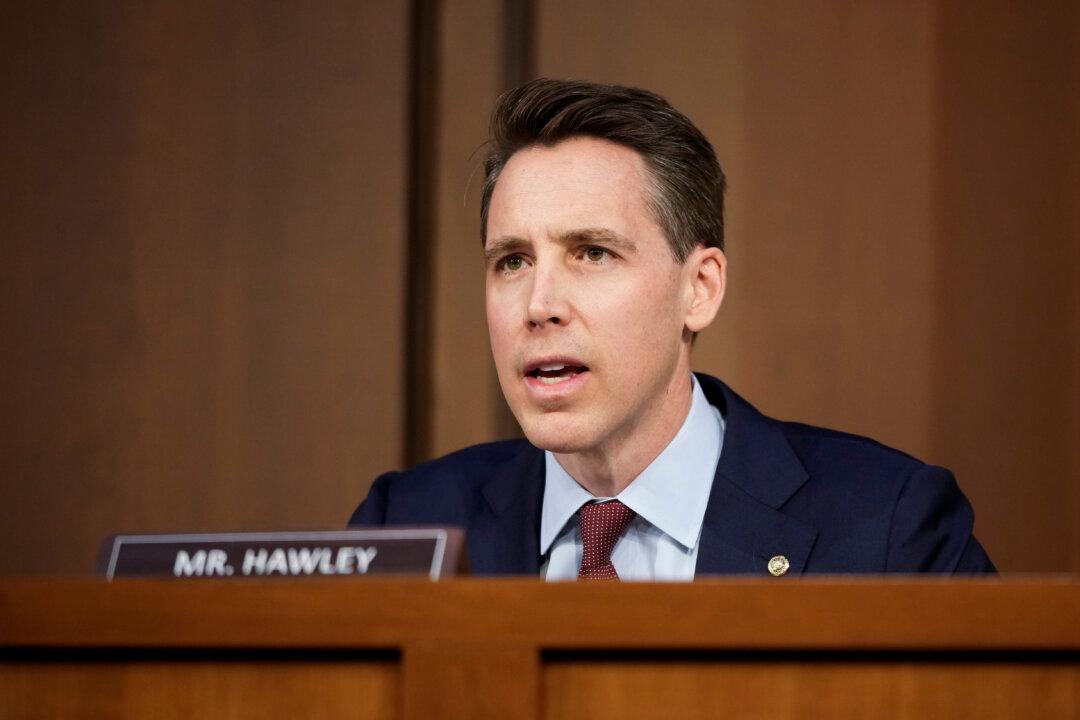Bipartisan members of the U.S. Senate agreed on Oct. 31 that federal funding for military construction and the departments of Veterans Affairs (VA), Transportation, Agriculture, and Housing and Urban Development should not benefit China.
In a 61-36 vote, members approved an amendment to the Senate’s spending package for those agencies that would prohibit the use of appropriated funds to provide “grants, funding, or any financial benefit” to China-based entities or their subsidiaries.





